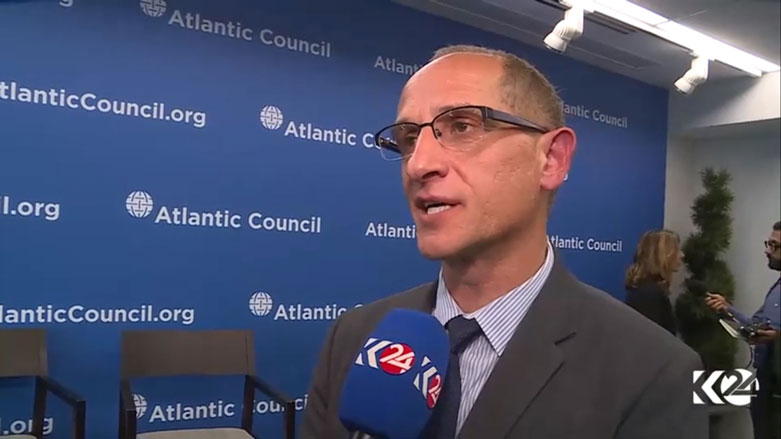Flu kills 7 in Iranian Kurdistan
.jpg)
ERBIL, Kurdistan Region (K24) – The infectious swine flu outbreak has claimed over 30 lives in Iran, including seven in the Kurdish region, local sources reported.
Iran's Deputy Health Minister, Ali-Akbar Sayyari, told the official IRNA news agency that 28 people died in Kerman province and five in Sistan-Baluchistan. Although the provinces are located in southeast Iran, he warned that the disease may spread to other parts of the country.
Most recently, Kurdistan and Western Azerbaijan Provinces have also been affected by the disease.
Western Azerbaijan Province hosts a sizable Kurdish population. The estimated 10 million Kurds mainly live in the northwest of Iran, in impoverished regions which lack new and adequate medical equipment.
The victims of sever flu in the Kurdish cities and villages reportedly had to be transported to better-equipped hospitals elsewhere; they still had to wait before receiving medical attention after relocation.
Javad Aghazade, President of the Urmia Medical Science University, confirmed that six people died in Western Azerbaijan Province. He told reporters that the flu is a common disease and can kill people in any country, as such citizens should avoid panicking and spreading rumors.
Aghazade denied that the type of influenza that has killed people in this province was swine flu.
Swine flu is a virus that infects pigs, hence the name. It first emerged in 2009 as a global epidemic and spread through human contact but was contained after a year.
According to the Department of Health and Human Services in the United States, the H1N1 virus can be prevented with a vaccine.
Aghazade says Iran has been spending money on improving healthcare facilities in poor villages and cities across the country but the citizens say they have not seen any improvement.
Speaking to K24 from Saghez, Kurdistan Province, Said Sajadi, 46, said that Iran politicizes everything including health issues. "When we say seven people have died, Iran says we are acting against the national security by allowing ‘hostile media’ to know about our problems."
Reporters say hospitals and officials have not been transparent about the disease and the exact number of victims. This has caused severe anxiety among people while pharmaceutical companies have profited.
Road accidents, cancer, drug addiction and heart issues are reportedly the most common causes of fatality in Iran. The Director of Research and Education at the headquarters of the Drug Enforcement Iran, Hamid Sarami, revealed that drug addiction has killed an average of seven people per day over the past two decades—the second largest cause of death in Iran after road accidents.
(Reporting by Ava Homa; Editing by Karzan Sulaivany)


.jpg)
